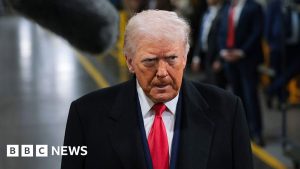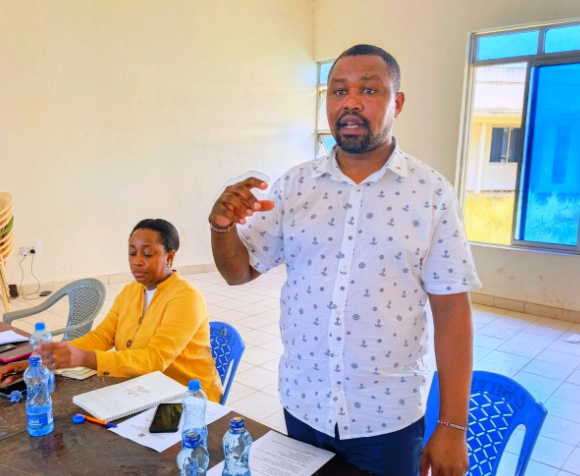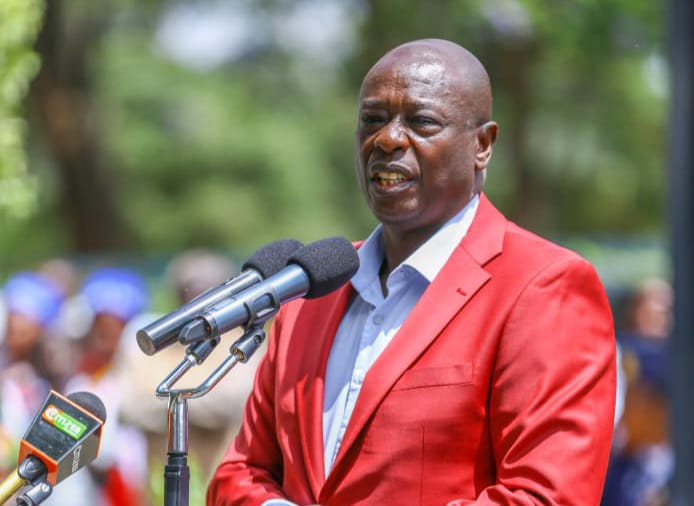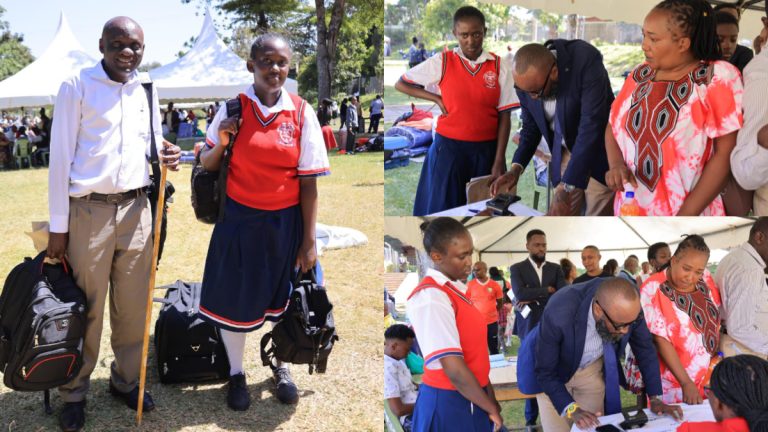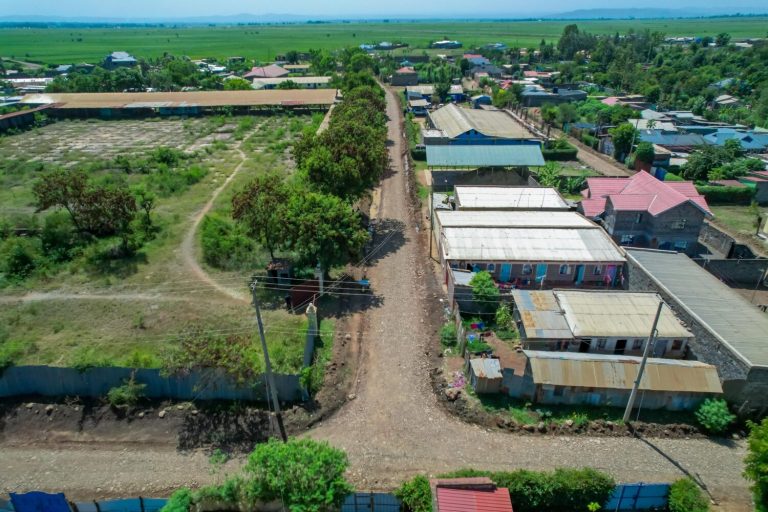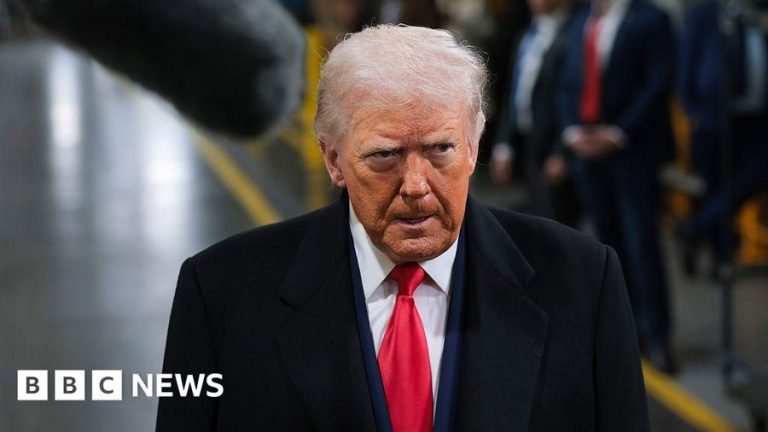Minority communities in Kwale County are calling for greater recognition, inclusion in political appointments, equitable resource distribution, and protection of their rights.
The groups said they have endured decades of historical injustices and marginalisation, citing exclusion from both national and county government opportunities.
Ethnic minorities are distinct communities that are numerically smaller and often socially, politically, and economically disadvantaged compared to dominant groups.
Globally, their protection and inclusion are recognised as essential for achieving equitable development, social justice, and lasting peace.
In Kwale, minority groups include the Makonde, Washirazi, Wapemba, Rundi, Tswaka, and Wavumba, with a significant presence in Msambweni and Lunga Lunga constituencies.
Some, such as the Makonde and Pemba, were recently granted citizenship and issued identity cards, ending years of statelessness.
The communities spoke during a public participation forum on the National Draft Policy on Ethnic Minorities and Marginalised Communities, held at Mvindeni Social Hall in Msambweni Constituency.
The forums are spearheaded by the Minorities and Marginalised Affairs Unit (MMAU) under the Executive Office of the President and led by George Tarus, an attorney who received petitions and memoranda from the public on the proposed policy.
Tarus said every voice and story, especially from minority and marginalised communities, is shaping Kenya’s promise of inclusion.
He noted that the 2010 Constitution marked a turning point by affirming the rights of all citizens and explicitly recognising the need to protect and empower minorities.
“This policy responds to the continued exclusion of ethnic minorities and marginalised communities by establishing a rights-based framework to address historical injustices and bridge implementation gaps,” said Tarus.
He emphasized that Kenya’s diversity is a source of national strength, urging all communities to embrace inclusivity and fairness in development and governance.
Makonde community chairman, Thomas Nguli, said minorities in the Coast region are still perceived as outsiders despite having transitioned from statelessness to full citizenship. He urged the government to ensure full integration of minorities into society and public service.
Nguli, who played a key role in the Makonde’s citizenship campaign, said inclusivity is vital for national unity and progress. He also stressed the need for minority groups to preserve their cultural identity and maintain control over communal land and heritage.
The Makonde, originally from Mozambique, migrated to Kenya during the colonial era as labourers and later as descendants of exiled freedom fighters. In 2016, they were officially recognised as Kenya’s 43rd tribe, ending decades of statelessness.
Ibrahim Ahmed, from the human rights organisation Ustawi Imara Africa, said county governments in the Coast region — Kwale, Mombasa, and Kilifi — have not fully embraced minorities in governance.
“We still face discrimination in public appointments despite being equal partners in the devolved system,” he said, calling for the nomination of minorities to county and national assemblies through affirmative action.
Human rights activist Mwanajuma Mohamed said minorities face assimilation pressures and loss of cultural identity through discriminatory practices. She noted that many still experience underrepresentation in leadership and limited access to services and opportunities.
Pemba community chairman, Shaame Hamisi, said minorities want to benefit equally from devolution, describing Kenya as a nation strengthened by its cultural diversity.
He welcomed the government’s efforts to resolve statelessness for communities such as the Pemba, Makonde, Shona, and Nubians, but said challenges remain in registration and land rights.
The Pemba, estimated at around 7,000 people, live mainly in Kwale and Kilifi and rely on fishing and small-scale farming. Originally from Zanzibar, they settled along the coastal strip before independence but were not recognised as citizens until 2023.
Hamisi said while recognition and citizenship were major milestones, many Pemba families still struggle to access documentation and reclaim ancestral land.
Stateless persons are not recognised as citizens by any country, leaving them without nationality and often unable to access education, healthcare, or employment, among other basic rights.
by KNA
by Hussein Abdullahi


